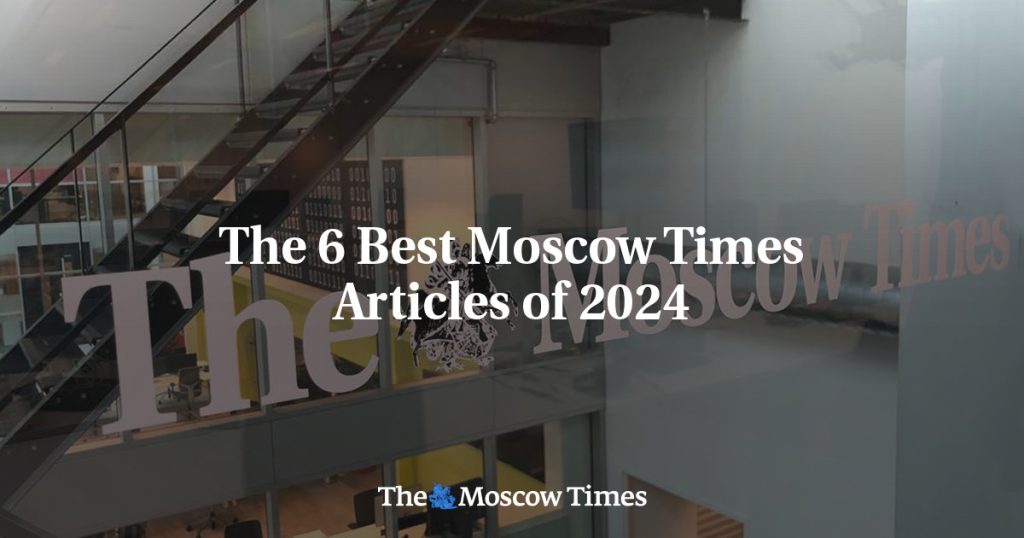In 2024, The Moscow Times faced challenges after the Russian government labeled it as an “undesirable” organization, making it a criminal offense to collaborate with the publication. Despite this designation, the publication continued its work throughout the year, covering significant events such as the presidential election, economic struggles, the Kursk offensive, and the August prisoner exchange. Despite the obstacles, The Moscow Times remained committed to providing accurate and unbiased reporting on Russia’s current affairs and political landscape.
One of the notable articles published by The Moscow Times highlighted the fraud, violations, and pressure observed during the 2024 presidential election in Russia. Election observers reported widespread voting infractions, including falsification of results, breaches of voting regulations, and pressure campaigns. These violations raised concerns about the integrity of the election process and the transparency of the results, despite the expected outcome being in favor of Putin. The article shed light on the challenges faced by election observers and the need for greater accountability in the electoral process.
Another significant article focused on the experiences of Russian soldiers involved in the war in Ukraine. The harrowing stories of soldiers on the front lines provided a glimpse into the human toll of the conflict. Soldiers described the emotional challenges of fighting against Ukrainians, the sacrifices they made to serve in the military, and the toll that war took on their mental and emotional well-being. These personal accounts humanized the conflict and highlighted the human cost of war for those directly involved in combat.
The publication also featured an interview with Oleg Orlov, a human rights defender and co-chair of the Nobel Peace Prize-winning Memorial human rights group. Orlov shared his experiences as a prisoner in Russia and his views on the challenges faced by human rights defenders working in exile. Despite the hardships he endured, Orlov remained hopeful for a better future for Russia and emphasized the importance of solidarity and perseverance in fighting for human rights and justice.
An article shedding light on the increasing use of punitive psychiatry in Russia highlighted the crackdown on activists and dissenting voices in the country. Political activists being subjected to forced psychiatric treatment raised concerns about human rights abuses and the suppression of dissenting opinions. The cases highlighted in the article underscored the challenges faced by individuals speaking out against the government and the risks they faced in advocating for human rights and freedom of expression.
In light of the recruitment challenges faced by the Russian military, an article explored how Russia’s regions enticed Ukrainian war recruits with financial incentives. Governors across various regions offered signing bonuses and higher salaries to attract new recruits amid declining enlistment numbers. The use of financial incentives to bolster recruitment highlighted the socio-economic factors influencing individuals’ decisions to join the military and underscored the complex dynamics at play in Russia’s recruitment strategies. Overall, The Moscow Times continued to provide in-depth coverage of diverse and critical issues in Russia despite facing challenges to its journalistic integrity and independence.


